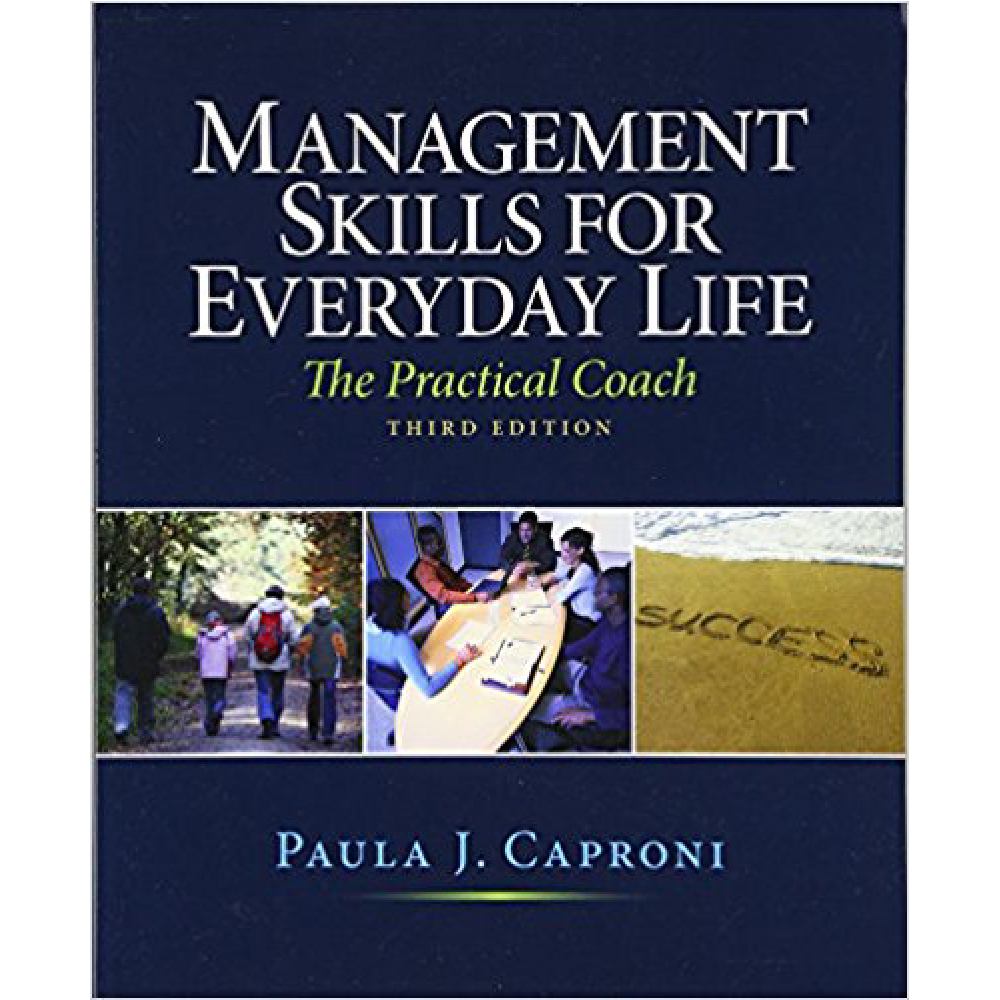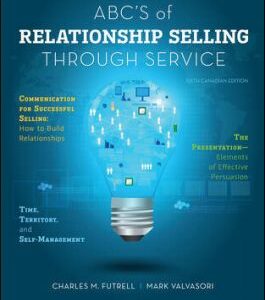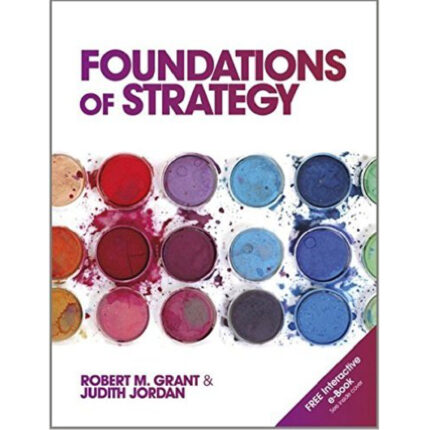Management Skills For Everyday Life 3rd Edition by Paula Caproni – Test Bank
CRAFTING A LIFE:
YOUR GUIDE TO THE GOOD LIFE
MULTIPLE CHOICE
- “Subjective well-being” is a concept that describes _____.
- the extent to which a person is effective
- the extent to which a person is able to follow directions
- the extent to which a person feels happy (Recall, Easy)
- a person’s overall performance potential
- Researchers have found that money buys _____ percent of one’s happiness, assuming one’s basic needs are met.
- under 10 (Recall, Moderate)
- between 20 and 30
- between 30 and 40
- between 52 and 59
- “Miswanting” refers to ______.
- living under your means
- the belief that money and material possessions will make you happy (Recall, Moderate)
- valuing relationships over material possessions
- none of the above
- Which of the following factors is not associated with greater happiness?
- achieving one’s intrinsic goals for personal growth
- drive for money that is motivated by social comparison (Recall, Moderate)
- having close personal relationships
- making a social contribution
- All of the following factors predict happiness except
- savoring experiences
- how much you like yourself
- being a ‘satisficer’
- being a ‘maximizer’ (Recall, Difficult)
- A maximizer is someone who _____.
- wants to make the best possible decision
- is less likely to be satisfied with the decisions s/he makes
- is more likely to get frustrated with the decision-making process
- all of the above (Recall, Moderate)
- Which of the following things should you do if you want to be happier?
- Savor experiences.
- Invest in personal relationships.
- Focus on creating goals that you enjoy and that are congruent with each other.
- all of the above (Applied, Moderate)
- People who are hopeful ______.
- believe they can make certain outcomes happen
- put together plans to make the outcomes they want more likely to happen
- both a and b (Recall, Moderate)
- none of the above
- People who are happy throughout their lives tend to _____.
- spend time primarily on things that increase their current pleasure
- spend time primarily on things that increase their future pleasure
- balance time doing things that provide immediate pleasure and time spent doing things that are likely to bring them future pleasure (Recall, Moderate)
- balance time doing things that bring them neither immediate or future pleasure, but instead expect happiness to come to them
- Being immersed in tasks that are important to us is called _____.
- “flow” (Recall, Easy)
- “extroversion”
- “locus of control”
- “surgency”













Reviews
There are no reviews yet.